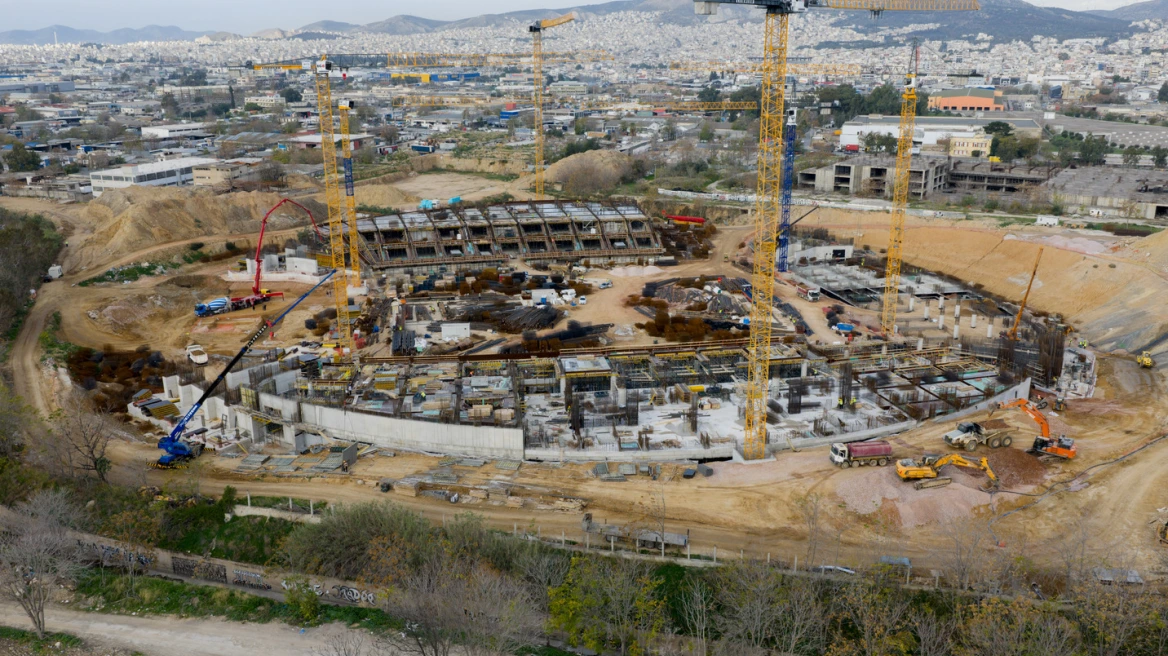The Minister of Citizen Protection Michalis Chrysochoidis told MPs on Wednesday that the proposed bill on the asylum process aimed to grant protection to those truly entitled to it.
As he explained before the members of the relevant parliamentary committee, the bill would set a clear legal framework of rules and timetables for granting asylum to those entitled to it, while accelerating the process of returning illegal migrants to the country of entry into Greece. The goal was to provide protection “only to refugees” as a humanitarian act “excluding those who do not meet the refugee requirements.”
The new system would prevent appeals against negative asylum decisions that are not shown in an official brief to have legal merit, while also scrapping recognition of post-traumatic stress disorder (PTSD) as a valid basis for an asylum claim unless it is backed by ample medical evidence.
It would also allow asylum boards’ rulings and decisions to be delivered to a legal representative of the claimant in the event that he or she cannot be located, thus allowing decisions to come into effect faster, while abolishing the right to temporary residence and work permits if a claim is rejected at the first degree.
Under the new rules, the movement of refugees and migrants would also be restricted.
Anyone protesting their transfer to another facility from a reception center or objecting to any other part of the system, for example, would be treated as reneging on their right to apply for asylum. All claimants also have to remain at official camps or other accommodation for the duration of the process so that they can be located in the event that their application is rejected and they are slated for deportation.
Ask me anything
Explore related questions





